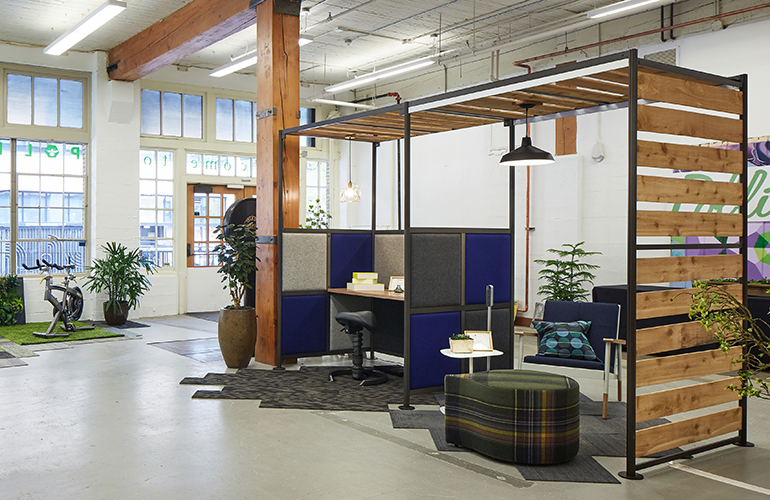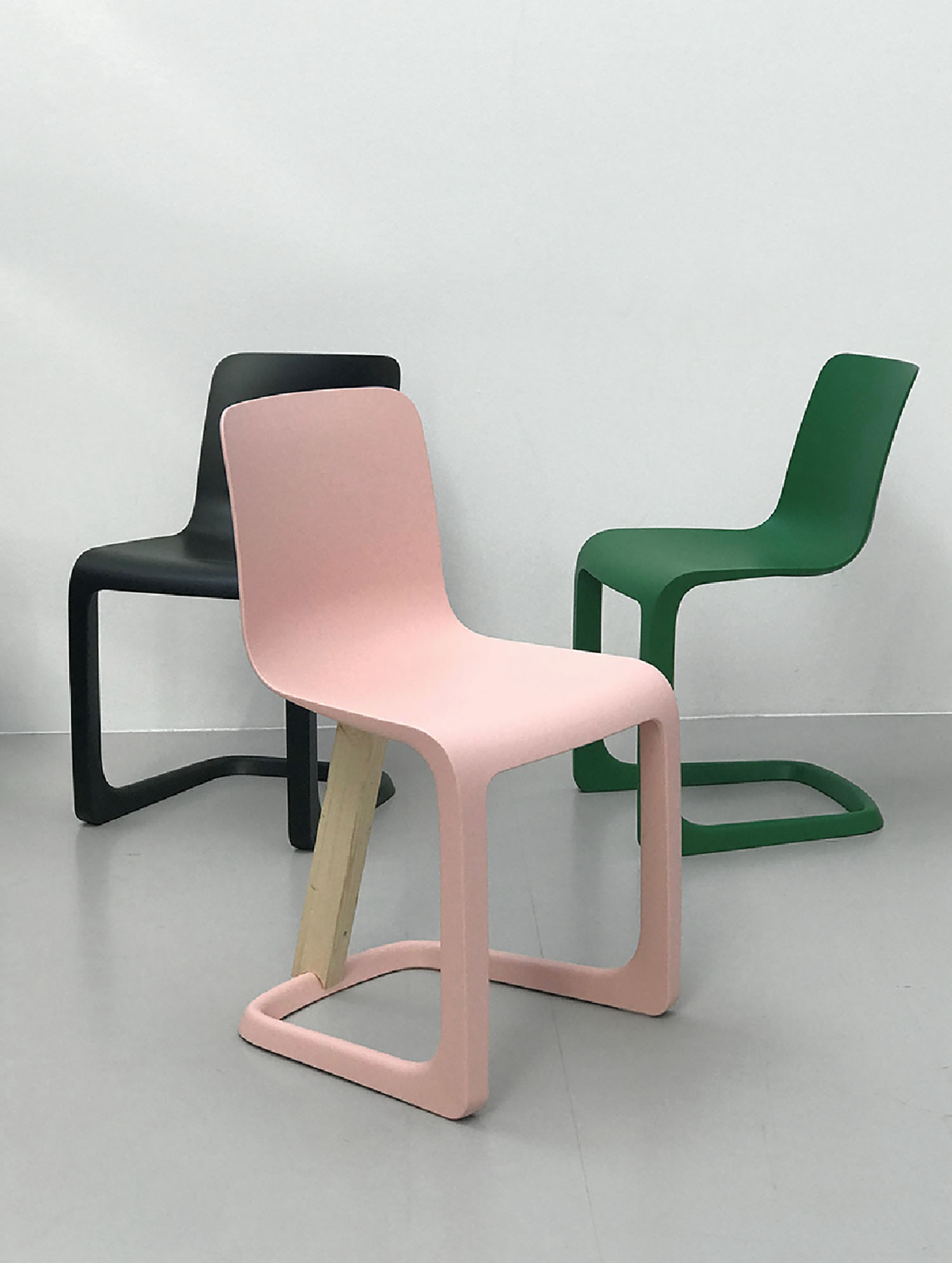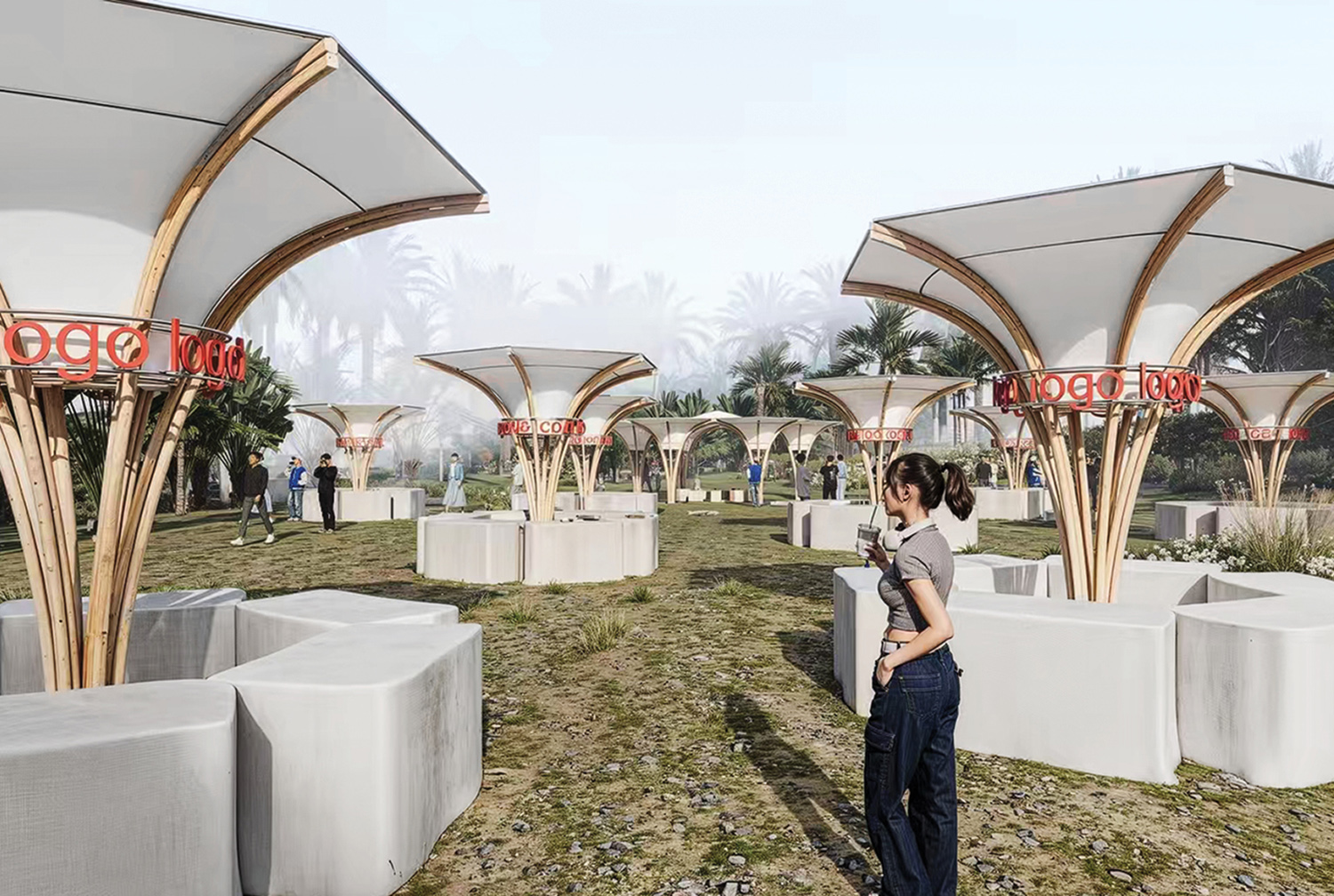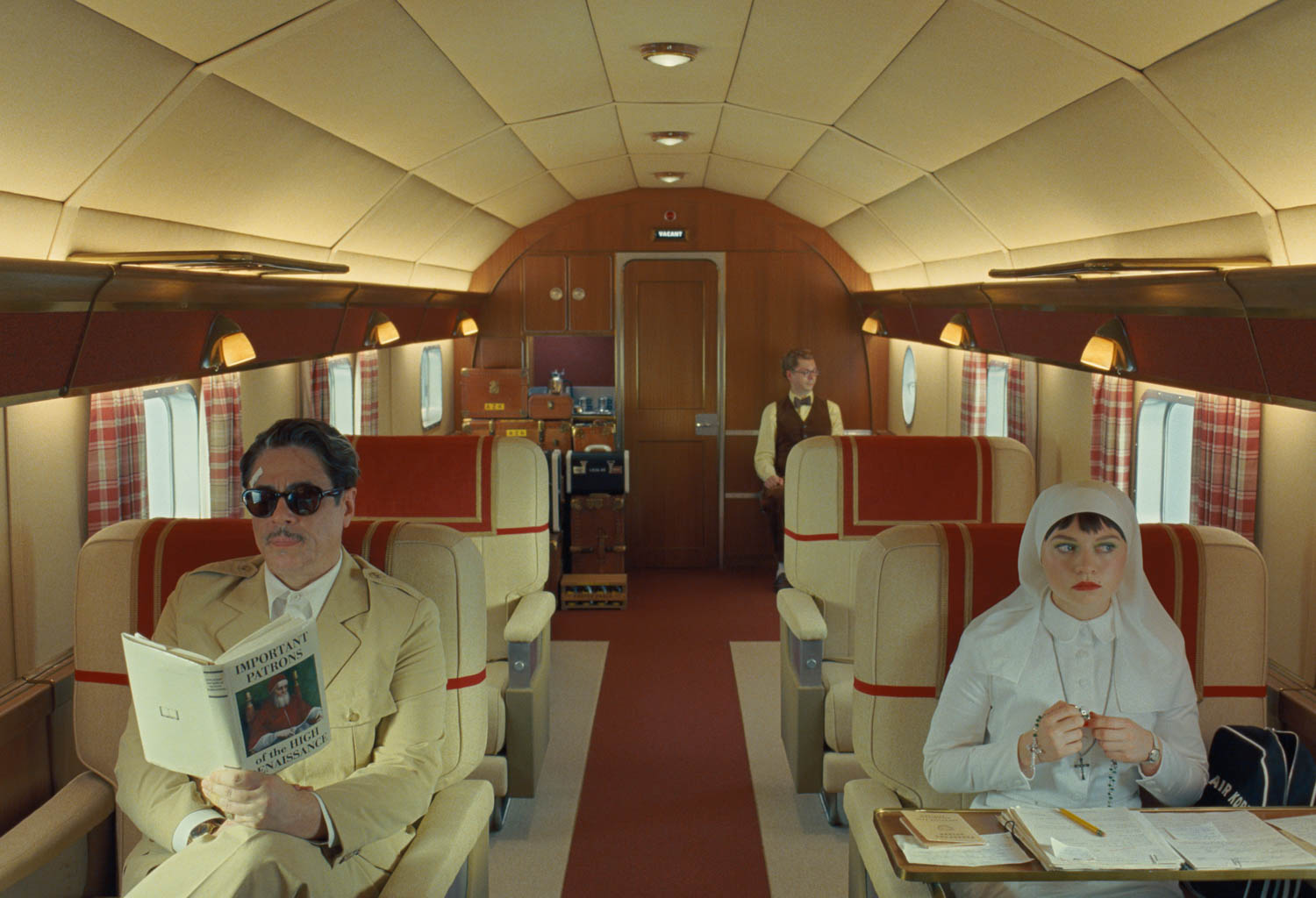The Real Value of Privacy in the Modern Open Office

As modern workplace design continues its supersonic evolution, it’s become apparent that the open office, the preferred typology around the globe, promises a lot — both good and bad. Most open offices today are hybridized, offering spaces that are open and bright, designed to facilitate collaborative work, and flex spaces, which allow for quiet focus. This hybridization reflects an overall understanding that employees desire privacy, but what most designers may not know is that privacy not only benefits employees but is also a boon to employers. That’s because in the context of the modern open office privacy guarantees productivity. The simple truth is that flexible workspaces have a direct impact on the bottom line.

New data from Gallup backs up this point. Gallup’s 2017 State of the American Workplace report indicates that 71% of workers have access to privacy when needed. Even more telling, 42% say they would leave their current jobs for more privacy. That might be because these respondents are knowledge workers, people who work with data and information as their primary job. Gensler’s U.S. Workplace Survey shows that knowledge workers spend more than half of their 8-hour work day doing tasks that require focus and only 24% of their time collaborating. They require quiet and minimal disturbance to be their most productive, and a noisy open office just isn’t the ideal environment for them. It’s not ideal for employers, either. It is estimated that a 200-person company loses $2.1 million annually because of lost focus at work. The perpetual noise can also turn an engaged employee — someone who excels in their work and drives the business forward — into a disengaged employee.

“Sound is like water,” says Christie Klemcke, a designer at CBI Group. “It always takes the fastest path of least resistance to someone’s ears, but there are ways to work around this quality. Acoustical products, like space definers, are a great way to do this. We always advocate for acoustical products in workplace projects. Clients often have worries about noise when converting cubicles to open offices, but they don’t know how to address those doubts. They are not furniture experts — we are, and they rely on our expertise to guide them to the products that will serve them best. Most of the time, those are going to be acoustical products.”

Klemcke speaks from experience. She just wrapped up a large office project with Valero, who requested a whiteboard solution that took the true acoustics issue into consideration. They needed an option that could be easily reconfigured for collaborative teams. For that project, she turned to Loftwall’s Framewall product. The client loved its versatility and the extensive customization options that Framewall could come in. Framewall stood out as a product that could provide the building blocks for an office that cares about function and acoustics.
Designed to add privacy and creativity to a wide range of spaces, Framewall (and in reality, all of Loftwall’s products) features interchangeable panels, allowing the product to accommodate the shifting needs of an organization on the move. These panels can consist of acoustical PET felt, dry erase boards, wood slats, clear acrylic, and even custom logos and colors. They are offered in two heights, four frame styles, and four base styles. They are simple to install and made of a recycled aluminum frame, making them easy to move around. Loftwall’s Framewall addressed all of Valero’s needs in a way that demonstrated Loftwall’s commitment to emphasizing productivity in a stylish and creative way.

Based in Dallas, Loftwall goes beyond manufacturing simple room dividers and panels. They’re focus is on maximizing the productivity of spaces through privacy. Their CEU, PRIVACY: Re-Balancing the Office, goes into more detail about the holistic and monetary value of privacy in the open office. When combined, Loftwall’s CEU and products make a formidable case for the continue hybridization of open offices and show that there is vast creative opportunity to elevate these workplaces to new heights still.


